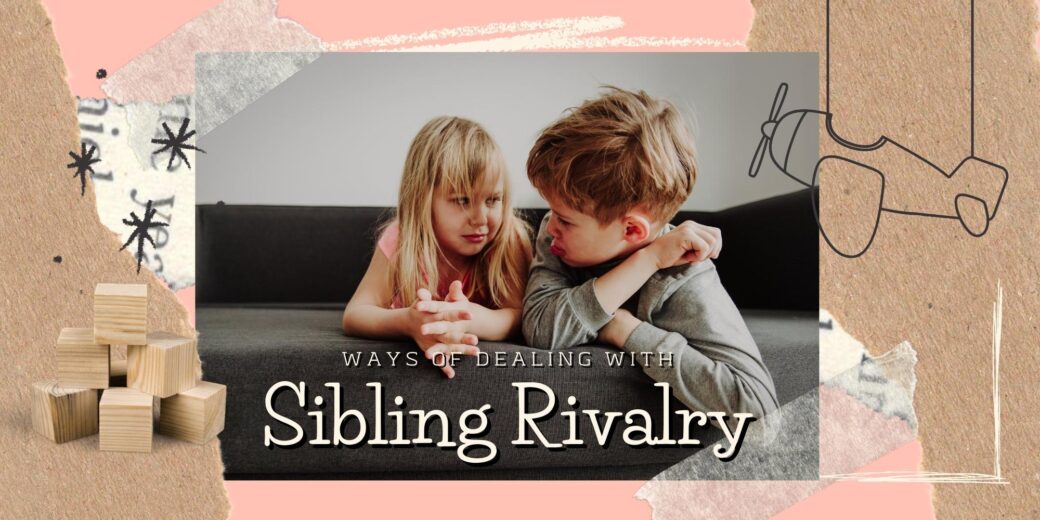It’s the holiday season, the kids are on break from school, businesses are on skeleton crew, and a lot more people are at home, namely siblings. We know they love each other, but unfortunately one of the inevitable frustrations of having children is dealing with their rivalry. Personality clashes, attention grabbing tactics, competitions and fights are part of the package when having kids, especially with small age gaps.
Sibling rivalry can start from the birth of the second child and develop for many reasons. A child may feel threatened by the arrival of a baby or neglected when the other child receives more attention. Luckily there are things parents can do to promote harmony and discourage rivalry, so that your time at home will be a happier time for everyone.
Below is a list of ways to bring your children together to foster friendship early on, as well as some tips to calm things down when tensions start running high.
- Don’t play favourites or make comparisons between your children.
- Celebrate individual accomplishments and praise each child on what makes them uniquely them.
- Lay down some basic ground rules focussing on mutual respect, compromise, sharing, kindness, and consideration.
- Teach your children how to approach one another, whether it’s to ask for a favour, borrow a toy, share an activity, etc.
- Make sure your children have fun things to do together, while also giving them enough space on their own to pursue individual interests.
- While family time is important, it is equally important to spend individual time with each of your children regularly in order for them to feel loved and valued on their own merit, not just as a family unit.
- Asking your children how they feel and listening to their perspective on the family dynamic will help you understand them better so you can provide them with the kind of attention they need.
- There may be periods during the day where conflict occurs more regularly. Your child may be stressed or tired so giving them some time alone to recharge their battery may be ideal for avoiding conflict.
- When conflict does inevitably occur, do not ignore it. While older children may possess the skills to resolve their differences, younger children still need guidance. Intervene when things get heated and set rules for acceptable behaviour.
- Explaining the decisions you’ve made when intervening will help your children understand the importance of equal and fair treatment and allow them to be more accepting of your choices.
- Lead by example. Managing your own emotions and communicating effectively will teach your child healthy techniques to model on their own. Make sure to avoid yelling or lecturing.
- When your children get a bit older and are able to identify their emotions better, teaching them constructive ways of dealing with strong feelings and communicating them effectively is important.
At Cheeky Munchkins Childcare Centre, we encourage effective communication and teach positive conflict resolution skills.


